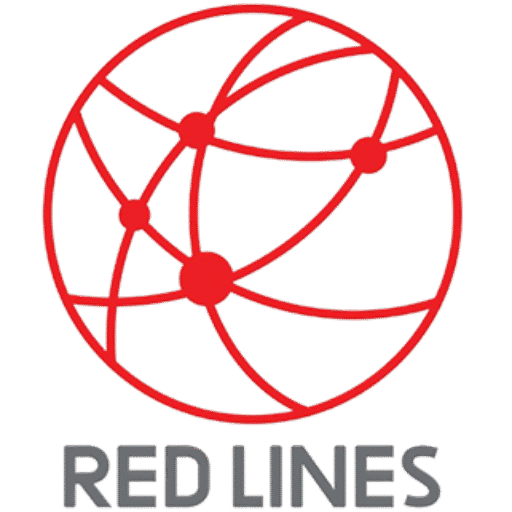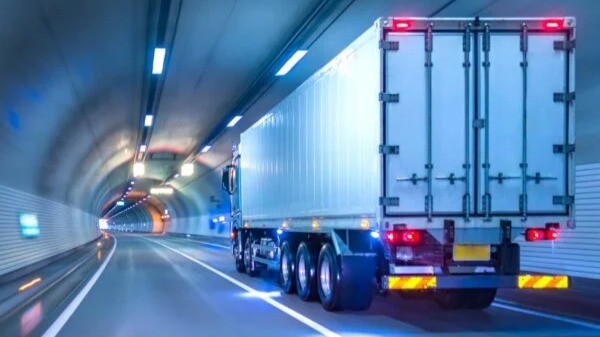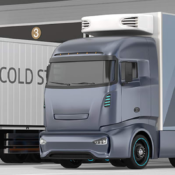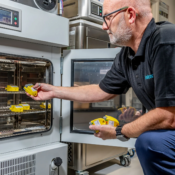In Saudi Arabia’s extreme desert climate, where daytime temperatures can soar above 45°C, maintaining the integrity of temperature-sensitive cargo has become one of the most pressing challenges for logistics and transport companies. Whether it’s pharmaceuticals, dairy products, or frozen foods, keeping the right temperature from loading to delivery is vital for quality and compliance.
That’s where Temperature Mapping Studies come in — a process that allows companies to understand, monitor, and optimize temperature distribution inside storage and transport environments. Redlines (📍 operating in Saudi Arabia, Jeddah, Dammam, and Riyadh) provides specialized temperature mapping study services to ensure that every stage of the cold chain operates with precision and reliability.

Here are seven powerful ways smart temperature control, enhanced by temperature mapping studies, is transforming cold transport across Saudi Arabia.
1. Identifying Temperature Fluctuations Before They Cause Damage
Even a few degrees of variation inside a refrigerated truck can ruin sensitive products. Through temperature mapping studies, Redlines identifies hotspots and cold zones within the cargo space. Using precision data loggers, our experts record real-time temperature data across multiple points to ensure uniform cooling performance.
This proactive approach prevents spoilage and product loss, safeguarding both your inventory and reputation.
2. Smart Integration with AI and IoT Sensors
Modern cold transport systems in Riyadh, Jeddah, and Dammam now rely heavily on real-time monitoring. Redlines integrates Temperature Mapping Studies with smart Internet of Things (IoT) sensors and cloud-based dashboards. These systems continuously collect and transmit data, allowing fleet managers to receive instant alerts if the temperature deviates from the desired range.
This intelligent connectivity ensures that issues can be corrected before they escalate.
3. Route Optimization Based on Temperature Data
Saudi Arabia’s vast geography and variable climate between coastal Dammam and inland Riyadh make route planning critical. With temperature mapping insights, logistics teams can analyze which routes maintain better thermal stability and schedule deliveries during cooler hours.
This not only improves fuel efficiency but also reduces the strain on refrigeration systems — a win-win for cost and sustainability.
4. Enhancing Compliance with Global Cold Chain Standards
Industries such as pharmaceuticals and food must comply with strict standards like GDP (Good Distribution Practice) and HACCP. Temperature Mapping Studies by Redlines provide verified documentation and calibration data that meet international audit requirements.
This transparency reassures clients that their goods were transported under controlled, compliant conditions — a key differentiator in competitive markets.
5. Boosting Customer Trust Through Verified Consistency
In the food delivery and retail supply sectors, consistency builds trust. Redlines helps businesses demonstrate that their cold chain operations maintain stable conditions from loading docks to supermarket shelves.
This verified proof of temperature consistency strengthens brand reputation, ensuring that every delivery — from Riyadh to Dammam — arrives in perfect condition.
6. Predictive Maintenance and Equipment Efficiency
Using insights from temperature mapping studies, companies can detect underperforming cooling units or insulation failures early. Redlines provides detailed analysis and recommendations that allow clients to carry out preventive maintenance before a costly breakdown occurs.
This predictive approach increases fleet reliability and extends the lifespan of refrigeration systems.
7. Building Sustainable and Energy-Efficient Operations
Precision temperature control doesn’t just protect products — it saves energy. By optimizing airflow, insulation, and compressor efficiency based on mapping data, transport operators can reduce energy consumption significantly.
This aligns perfectly with Saudi Arabia’s Vision 2030 sustainability goals, supporting the nation’s shift toward smarter, more efficient logistics infrastructure.
Conclusion
The future of cold transport in Saudi Arabia depends on smart, data-driven solutions. With advanced Temperature Mapping Studies, Redlines is helping logistics providers, food distributors, and pharmaceutical companies build more resilient, efficient, and trustworthy supply chains.
Whether you operate in Riyadh, Dammam, or Jeddah, Redlines delivers the precision, compliance, and confidence needed to keep your cargo cool — even under the hottest desert sun.
Discover how our temperature mapping services can strengthen your cold chain performance today at 🌐 www.Redlines.sa













